DreamSmilez Dental Care


Book Your Appointment
Enhance your smile
Schedule your dental implant consultation easily and conveniently. We look forward to serving you soon!
Get the confidence to smile with Dream Smilez Dental Clinic’s dental implants treatment in HSR Layout and Koramangala.


Who should do dental implants?
If you have one or more missing teeth
If you have sufficient bone to secure the implants or perform bone grafting
You are not ready to go through the messy process of using a denture
If you have healthy oral tissues
What is dental implant treatment?
Dental implants help to replace a missing tooth. These dental implants are screw-like tools that replace a missing tooth with an artificial tooth. These implants provide a foundation for permanent or removable teeth.
Dental Implants Service
What is the procedure for dental implant treatment?
A patient needs to do a full mouth X-ray and a few other diagnostic X-rays. Later our dental surgeon will examine the site in the mouth where the implant needs to be placed. During the examination, the doctor will check the quality and quantity of the jawbone.
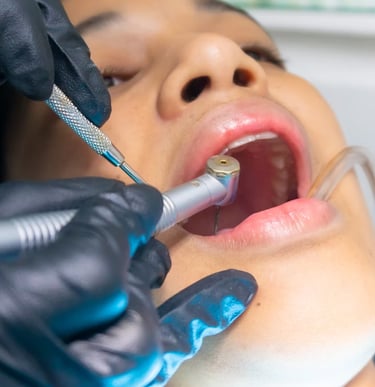

Examination
Procedure
During surgery, the specialist will numb the area using local anesthesia. Most of the time, the procedure starts with the extraction of the broken tooth/teeth at the site followed by implant placement. In the case of bone grafting, the jawbone requires 4-6 weeks to recover, and then implant placement takes place.


The Right Age for Dental Implants: When Is the Best Time?
Young Adults (20s-40s) – The Ideal Age
Strong bone density ensures implant stability.
Early placement prevents bone loss and maintains a youthful facial structure.
Middle-Aged Adults (40s-60s) – Great Time for Implants
Still an excellent time for implants.
If bone loss has begun, bone grafting may be necessary.
Seniors (60+) – Dental Implants Are Still an Option
No age limit! Many seniors successfully receive implants.
May require bone grafting if jawbone density is low.
Good overall health is more important than age.


Why Choose Dental Implants?
Prevents bone loss
Has a long life span with proper care.
Permanent and durable
Maintain Jaw Structure and facial aesthetics
Improves self-confidence
Provides a natural, beautiful smile
No damage to adjacent teeth
Unlike bridges, implants do not require support from neighboring teeth.
Enhances speech and chewing
Functions like natural teeth.

FAQs
Can teenagers get dental implants?
Only if their jaw is fully developed. Otherwise, they should wait until adulthood.
Are implants better than dentures?
Yes! Dental implants are permanent, feel and function like natural teeth, and prevent jawbone deterioration, unlike traditional dentures.
Is there an age limit for dental implants?
No! As long as you are in good health, dental implants can be placed at any age.
Steps for dental implants
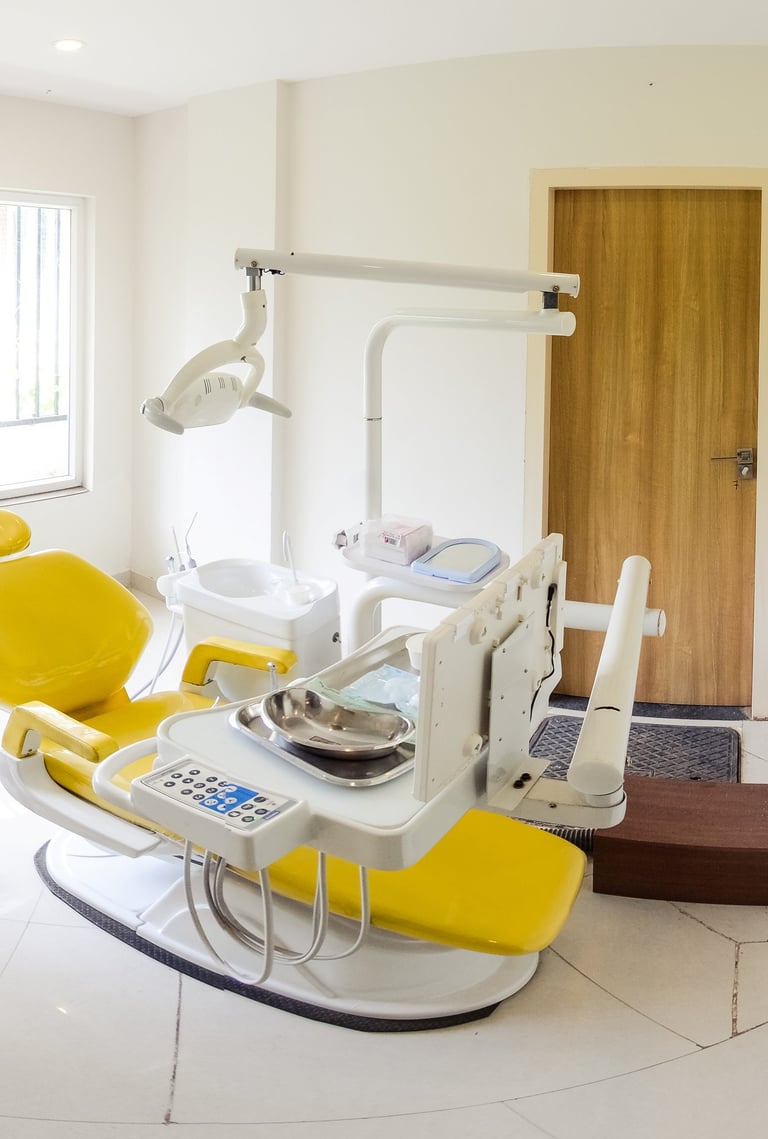

The area is numbed with local anesthesia. A small incision is made in the gum to access the jawbone. The titanium post (implant) is carefully placed into the bone. The gum is stitched back, and the healing process begins.
INITIAL CONSULTATION
A dentist evaluates oral health, bone density, and suitability through X-rays and scans. If the jawbone is insufficient, a bone graft may be recommended.
IMPLANT PLACEMENT SURGERY
01
02
OSSEOINTEGRATION (HEALING PERIOD)
03
Over 3-6 months, the implant fuses with the jawbone, ensuring a strong foundation.
Once healed, a small connector (abutment) is attached to the implant to hold the crown.
ABUTMENT PLACEMENT
A custom-made dental crown is secured to the abutment, matching the color and shape of natural teeth.
CROWN PLACEMENT
05
04
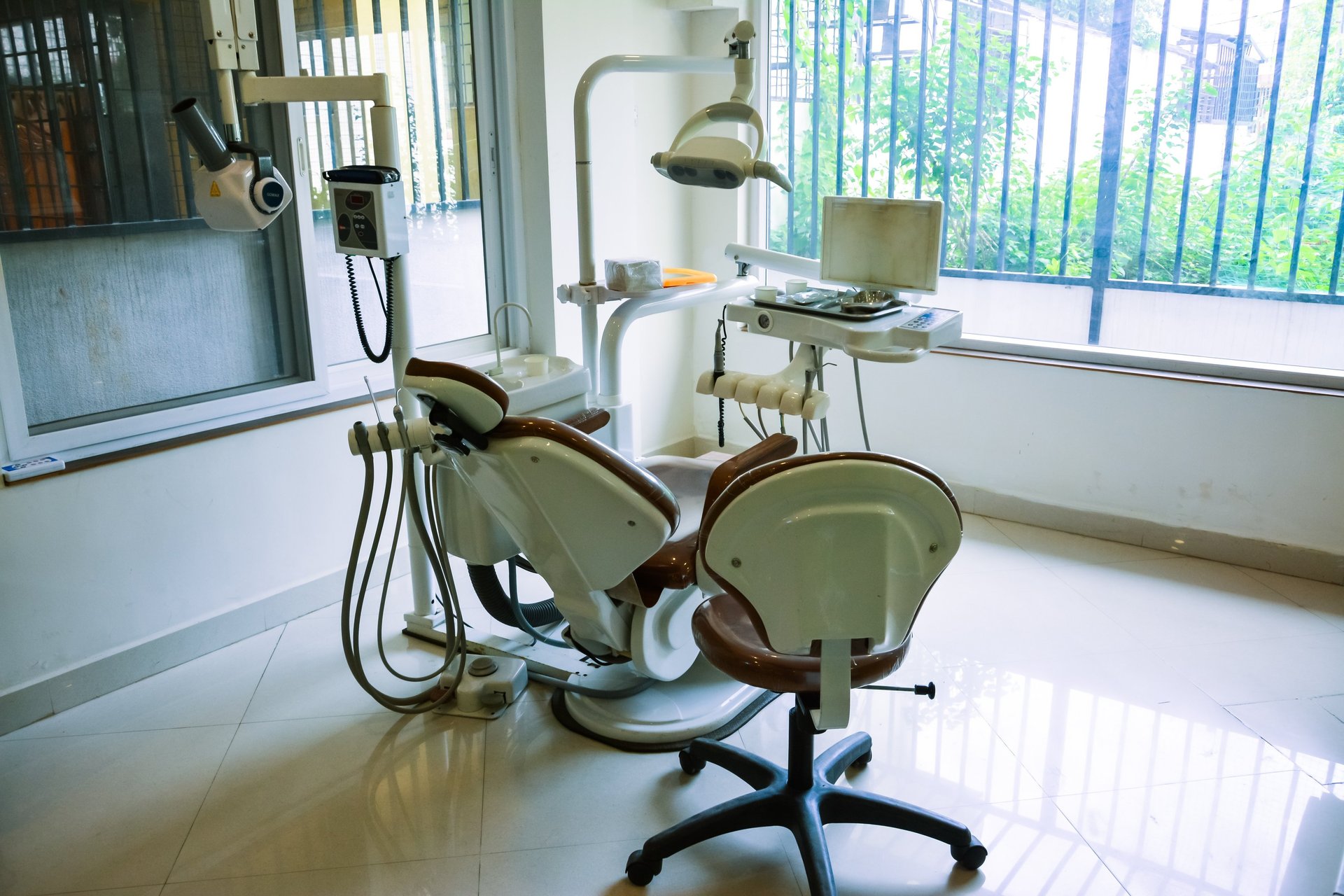
Frequently asked questions
Is the implant procedure painful?
No, the procedure is performed under anesthesia. Mild discomfort may occur post-surgery but is manageable with pain relievers.
How long does a dental implant last?
With proper care, implants can last a lifetime. The crown may need replacement after 10-15 years.
Who is a good candidate for dental implants?
Anyone with missing teeth, good oral health, and sufficient jawbone is eligible. Smokers and diabetics may need additional evaluation.
What is the success rate of dental implants?
Dental implants have a 95-98% success rate when performed by experienced professionals.
Oral Health Regime to Keep Your Implants Clean: A Complete Guide
Learn how to properly care for your dental implants with this simple, effective oral health routine that ensures long-term success and a bright smile.
Dental implants are a game-changing solution for missing teeth, giving you back your smile and confidence. But just like natural teeth, they need care to stay healthy and strong. Whether you're a new implant recipient or looking to improve your current routine, this guide has everything you need for implant longevity and optimal oral health.
Why Is Oral Care Important for Dental Implants?
Dental implants mimic natural teeth in appearance and function—but they’re not immune to plaque, gum disease, or infection. If neglected, they can develop peri-implantitis, a gum infection that may lead to implant failure if untreated (Loney et al., 2023). Consistent oral care is key to keeping your implants—and your smile—healthy.



Step-by-Step Oral Care Routine for Implants
1. Brush Twice a Day
Use a soft-bristled toothbrush and fluoride toothpaste to gently clean your implants and surrounding gum area. This helps remove plaque and food debris, preventing infection (Watson & Clark, 2021).
2. Rinse with Alcohol-Free Mouthwash
Choose an antimicrobial, alcohol-free mouthwash to kill bacteria and keep your mouth fresh without causing dryness. Daily rinsing helps reduce plaque and inflammation
3. Floss Daily Around Your Implants
Use implant-friendly floss or floss threaders to reach spaces between your gums and implants. This reduces the risk of gum disease and plaque accumulation (Brown, 2022).
4. Clean the Gum Line Gently
Use a rubber-tipped stimulator or soft brush to clean where your implant meets the gum. This helps prevent gum irritation and supports healthy tissue around the implant.
5. Schedule Regular Dental Check-ups
Professional cleanings remove plaque from hard-to-reach spots and allow your dentist to spot early signs of infection or wear (Brown, 2022).
6. Avoid Hard Foods & Excess Pressure
Avoid chewing on hard objects like ice, hard candies, or pen caps. If you grind your teeth at night, a mouthguard can protect your implants.
7. Stay Hydrated
Water helps flush away food particles and maintain saliva production, which naturally cleanses your mouth (Watson & Clark, 2021).
8. Quit Smoking
Smoking restricts blood flow to the gums, hinders healing, and increases implant failure risk. Quitting smoking is crucial for implant longevity (Loney et al., 2023).
Conclusion: Keep Your Implants Clean and Long-Lasting
A consistent, mindful oral care routine protects your investment in dental implants. Brush, floss, hydrate, and visit your dentist regularly to ensure a healthy smile that lasts a lifetime.
FAQs About Dental Implant Care
1. How often should I clean my dental implants?
Twice a day—just like your natural teeth.
2. Can I use a regular toothbrush?
Yes, but choose a soft-bristled on to avoid
damaging the implant surface.
3. Is mouthwash necessary?
Yes, especially alcohol-free antimicrobial ones
for fresh breath and bacterial control.
4. Can I eat anything I want with implants?
Mostly yes, but avoid hard or sticky foods to
prevent damage.
5. What if my implant feels loose?
See your dentist right away. It could be a sign
of an issue needing immediate attention.


Message from the Clinician
“As part of the dedicated dental team at Dream Smilez, we understand how important it is to care for your dental implants properly. By following these essential steps, you can enjoy a healthy, long-lasting smile. If you ever have concerns about your implants, feel free to reach out — we’re here to support you every step of the way in your implant journey.”
—Team Dream Smilez, HSR Layout, Bangalore
Reference
Loney T, et al. Oral hygiene practices in patients with dental implants. J Prosthet Dent. 2023;49(3):211-217.
Watson G, Clark M. A comprehensive guide to dental implant maintenance. J Periodontol Implant Dent. 2021;45(4):331-340.
Brown L. The role of regular check-ups in implant longevity. Int J Dent Res. 2022;38(2):156-163.
What’s the Real Cost of a Dental Implant? Here's What You Should Know
A smart investment in your smile – understand the value, not just the price.
Thinking about getting a dental implant? You’re not alone. Dental implants are one of the most popular, long-lasting solutions for missing teeth. But the first question most people ask is—how much does it cost
What Affects the Cost of Dental Implants?
Dental implants don’t have a one-size-fits-all price. The final cost depends on several factors, including
The number of teeth to be replaced
The health and strength of your jawbone
Any additional treatments needed (like bone grafting or sinus lifts) (Esposito et al., 2006)
The quality of implant materials used (American Academy of Implant Dentistry, 2024)
Experience of your dentist and clinic location
In different cities, prices can range widely based on these factors—but you can expect an average investment comparable to a mid-range smartphone or a short family vacation, depending on the complexity.
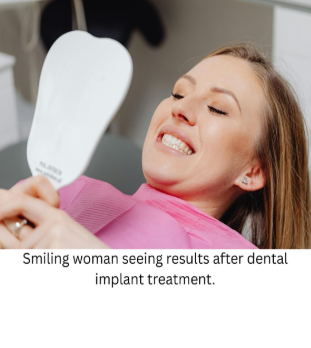

Why the Cost Is Worth It
Implants don’t just fill a gap—they restore confidence, improve chewing, and preserve your facial structure. With proper care, they can last a lifetime (American Academy of Implant Dentistry, 2024).
They also eliminate the hidden maintenance costs and adjustments that come with removable dentures and traditional bridges.
What's Included in the Cost?
When you go for a dental implant, the total cost usually includes:
The implant screw (which acts like the tooth root)
The abutment (connects implant to crown)
The crown (the visible part of the tooth)
Diagnostic scans and consultations
Any additional surgical procedures (if needed)
Cost Overview at Dream Smilez Dental Clinic
At Dream Smilez Dental Clinic, we aim to offer high-quality dental implants at transparent and affordable rates. Here's a general guide:
1. Dental Implant (Fixture) Cost
Standard Implants: ₹25,000 to ₹65,000 per implant
Premium Implants (e.g., Nobel Biocare, Straumann, etc.): ₹45,000 to ₹70,000 per implant
(Choice depends on bone quality, brand preference, and patient needs.)
2. Crown over Implant (Prosthetic Tooth)
Porcelain-fused-to-metal (PFM) Crown: ₹8,000 to ₹12,000
Zirconia / All-Ceramic Crown: ₹12,000 to ₹20,000
3. Associated Surgical Procedures (If Needed)
Bone Grafting: ₹5,000 to ₹20,000 (Esposito et al., 2006)
Sinus Lift Surgery: ₹15,000 to ₹35,000 (Esposito et al., 2006)
Soft Tissue Grafting: ₹8,000 to ₹15,000
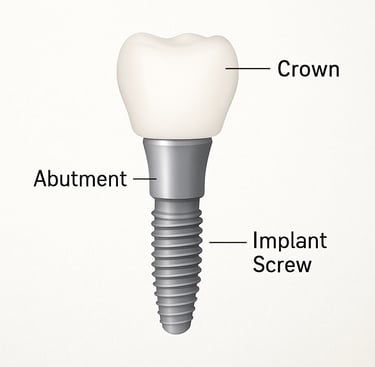

Note:
The final cost may vary based on individual case requirements, choice of implant system, additional surgeries (if required), and overall treatment plan. We ensure a customized, detailed quotation after thorough consultation and planning.
FAQs
Q: Are implants covered by dental
insurance?
A: Some insurance plans offer partial coverage. It’s best to check with your provider.
Q: Is financing available?
A: Yes! Many clinics offer easy EMI and flexible payment plans.
Q: How long do implants last?
A: With good care, they can last for decades— even a lifetime (American Academy of Implant Dentistry,
2024).
Conclusion: Your Smile Is Worth It
A dental implant may cost more than other options — but
what you gain is priceless.
Don’t let price be the only factor. Choose a solution that supports your health, confidence, and lifestyle.
Message from the Clinician
At Dream Smilez Dental Clinic, we take pride in offering patient-first care. With a collaborative team of implant specialists and advanced technology, we carefully evaluate your bone health, gum condition, and smile goals.
We believe every smile is unique—and every treatment plan should be too.
Feel free to walk in for a personalized assessment—your perfect smile might be closer than you think!
References
American Academy of Implant Dentistry. Dental implants facts and figures [Internet]. 2024. Available from: https://www.aaid.com
Esposito M, Grusovin MG, Coulthard P, Worthington HV. The efficacy of various bone augmentation procedures for dental implants: A Cochrane systematic review of randomized controlled clinical trials. J Oral Maxillofac Surg.2006;64(12):1853-63.
Types of Dental Implants: Choosing the Right Option for Your Smile
Replacing Teeth, Restoring Confidence — Explore the Implant That’s Right for You
Introduction:
Which dental implant is best for you?
If you’re missing one or more teeth, you’re not alone — and you don’t have to live with discomfort or self-consciousness. Dental implants offer a permanent, natural-looking solution that restores function and confidence. But did you know there are different types of implants, each tailored to specific dental needs?
Types of Dental Implants Offered at Dream Smilez
1. Endosteal Implants (Most Common)
Titanium screws placed directly into the jawbone
Ideal for patients with healthy bone density
Most widely used and highly successful (Albrektsson et al., 1986)
Benefits: High stability, long-lasting support
2. Subperiosteal Implants
Placed under the gum but above the jawbone
Suitable for patients with insufficient bone who can’t undergo bone grafting
Custom-made metal framework supports the artificial teeth
Ideal for complex cases requiring alternative anchorage (Esposito et al., 2014)
3. Zygomatic Implants
Anchored into the cheekbone (zygoma)
Reserved for patients with severe bone loss in the upper jaw
Highly specialized treatment approach for advanced bone loss
4. All-on-4® Implants
A full-arch replacement using just four strategically placed implants
Immediate results with same-day temporary teeth
Great for those looking for a cost-effective, full-mouth solution (Buser et al., 1997)
5. Mini Dental Implants (MDIs)
Narrower than traditional implants
Perfect for stabilizing dentures or replacing smaller teeth
Less healing time and often placed in a single visit
Dos and Don’ts for Implant Success
DO:
Maintain regular oral hygiene (brushing twice daily, flossing)
Visit your dentist for routine check-ups
Use a soft-bristle brush and non-abrasive toothpaste
DON’T:
Smoke or consume tobacco (can slow healing)
Skip follow-up appointments
Chew ice or hard foods immediately after the procedure
At-Home Care Tips for Dental Implants
Use a floss threader or water flosser around the implant crown
Rinse daily with a non-alcoholic mouthwash
Wear your night guard (if advised) to protect against grinding
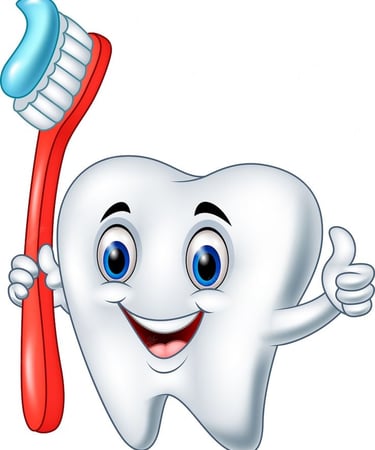


Conclusion
Dental implants are a game-changer — they not only restore your smile but also improve your overall oral health and confidence. At Dream Smilez Dental Clinic, HSR Layout, our goal is to make your implant journey seamless, stress-free, and successful.
FAQs About Dental Implant Care
Q1. Are dental implants painful?
No! Most patients report minimal discomfort. We use local anesthesia and modern, painless procedures for
implant placement.
Q2. How long do dental implants last?
With proper care, they can last 15–25 years or more (Buser et al., 1997).
Q3. Can I get implants if I have bone
loss?
Yes — options like subperiosteal or zygomatic implants can help even if you have low bone density
(Esposito etal., 2014).
Message from the Clinician


“With my experienced team, we offer comprehensive oral care tailored to your needs. Dental implants are life-changing — and we're here to guide you at every step. Feel free to visit us for a complete oral health assessment."
References
Albrektsson T, Zarb G, Worthington P, Eriksson AR. The long-term efficacy of currently used dental implants: a review and proposed criteria of success. Int J Oral Maxillofac Implants. 1986;1(1):11–25.
Esposito M, Grusovin MG, Coulthard P, Worthington HV. Interventions for replacing missing teeth: different types of dental implants. Cochrane Database Syst Rev. 2014;(7):CD003815.
Buser D, Ingimarsson S, Dula K, Lussi A, Hirt HP, Belser UC. Long-term evaluation of non-submerged ITI implants. Clin Oral Implants Res. 1997;8(3):185–93
Care
Expert dental services for your health needs.
CONTACT Us
SUBSCRIBE TO OUR HEALTH LIBRARY
dreamsmilez16@gmail.com
+91-7829902656 | +91-9148434831
© 2025. All rights reserved.
